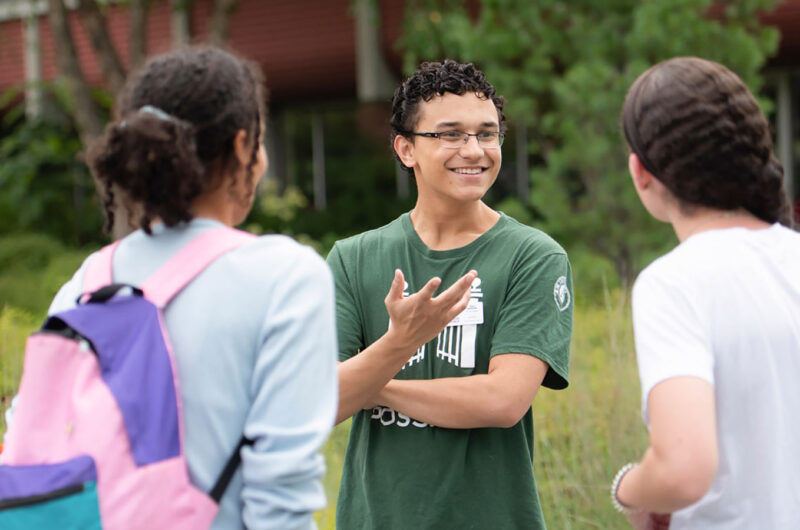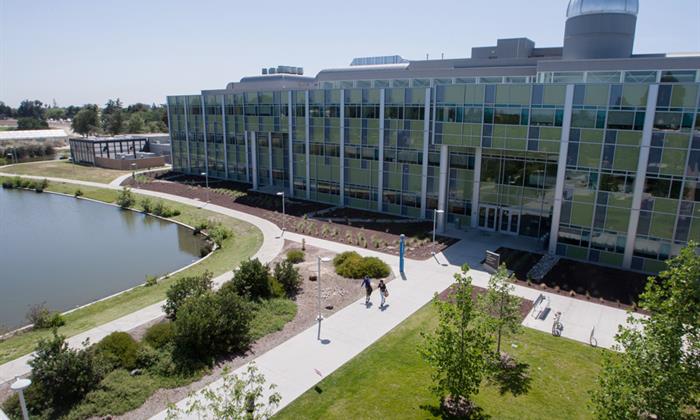 The college completion crisis has received unprecedented legislative attention in recent years. Launched in 2022, the College Completion Fund – a first-of-its-kind federal investment focusing on narrowing the degree gap – received nearly $5 million in funding for grants supporting college success programs at historically Black colleges and universities and minority-serving institutions. Again in 2023, U.S. Secretary of Education Miguel Cardona announced more than $30 million in similar funding awards.
The college completion crisis has received unprecedented legislative attention in recent years. Launched in 2022, the College Completion Fund – a first-of-its-kind federal investment focusing on narrowing the degree gap – received nearly $5 million in funding for grants supporting college success programs at historically Black colleges and universities and minority-serving institutions. Again in 2023, U.S. Secretary of Education Miguel Cardona announced more than $30 million in similar funding awards.
As part of this national movement to support students from historically underinvested communities, colleges are welcoming near-peer coaches to help ensure that students reach the finish line. Let’s unpack the unique role of a College Possible Catalyze coach, and how they work with their alma mater to empower the college dream.
Who can serve as a College Possible Catalyze coach?
While anyone can apply to serve as an AmeriCorp College Possible Catalyze coach, these roles are generally granted to AmeriCorps members who are recent graduates of the partner universities in which they are placed. These open roles will have a university name (such as Austin Peay State) in the job title. Because recent alumni are especially knowledgeable about all their alma mater has to offer, they are better able to guide students to resources and peer groups, helping students acquire the sense of belonging and community that’s essential to succeed in college. “This partnership taps the potential of one of our most powerful assets, recent graduates, who are uniquely equipped to mentor students following in their footsteps,” says Alisa White, former president of Austin Peay State University.
Another crucial aspect of Catalyze coaches is their near-peer relatability. “In this role, I am able to support and connect with students quickly because I am fresh out of college. I still have that student mentality which allows me to relate more easily with them,” says Tony, a College Possible Catalyze coach at St. Cloud State University. “Because we are similar in age, students feel more comfortable opening up to me.”
What does a Catalyze college coach do?
Unlike College Possible college access and success coaches who may serve students live and tech-connected at multiple high schools or universities, College Possible Catalyze coaches fulfill their term of service on one campus, serving eligible college students enrolled at that university. Nearly 70% of Catalyze coaches focus on supporting incoming college freshmen through that tough first-year transition.
Catalyze coaches work full-time alongside university staff members to support first-generation college students and Pell-recipient undergraduate students. “Partnership with College Possible has allowed us to tap into our alumni who are passionate about advancing equity in student success through individualized support,” says Gabriela Nuño, Director, Academic Success Center, California State University Stanislaus.
This role can be particularly rewarding for those who are considering a career in higher education, as you’ll be working closely with university faculty, learning the ins and outs of the institution and its systems. Your in-person coaching takes place Monday through Friday for a 12-month service term running August 1 through July 31. All service terms start with a comprehensive three-week training program. Also known as “Welcome Weeks,” this training offers an interactive experience on all things College Possible, including the tools you’ll need to support your cohort of students. You’ll get familiar with the faculty you’ll work with, and learn how to track student progress using our Salesforce system.
Many Catalyze coaches have an office inside the academic success office on campus. This serves as the meeting place where students can schedule one-on-one coaching, or find you during office hours. During a typical school week, you’ll manage day-to-day interactions with students while logging student engagement data into Salesforce to track their progress. This data will be shared regularly with university faculty as they track and report on their student persistence and retention goals. Typical student interactions may include helping them with curriculum selection and class registration, supporting them through financial aid renewal, connecting them with professors or academic counselors, and helping them build strong study skills.
Working as a Catalyze coach offers you a unique relationship with the university faculty. While you are hired by College Possible, you will report to, and have weekly check-ins with, a staff member of the university. On Fridays, you will participate in a 90-minute professional development call with College Possible leadership where we’ll discuss topics like diversity, equity and inclusion; overcoming imposter syndrome; resume-building; and other tools to support your own professional development and career journey.
Catalyze coaches are also given a budget to schedule, plan and execute student events throughout the year. Many coaches have called this one of their favorite aspects of service. From yoga classes to hot cocoa bars, these student events encourage community building within the College Possible student cohort – a support system many students say enhances their overall sense of belonging in college. “College Possible has taught me to ask for help and realize I’m not alone in my college journey. Through this program, I have a team of people who support me and want to see me succeed,” says Camila, a College Possible student alumna.
Unique career advantage of AmeriCorps service
Many College Possible Catalyze coaches say the networking and professional development opportunities are the most rewarding benefit of serving with AmeriCorps. In fact, in the last five years alone, 20 of our Catalyze coaches have been hired by universities, including 10 direct hires into our Catalyze partner universities.
“When I started to apply for jobs toward the end of my service term, I was really able to lean into all of the transferable skills I had learned as a coach,” says College Possible coach alumna Marisa. “Time management, leadership skills, DEI training – these are all important skills you’re learning during your time at College Possible. And they’re all skills that hiring managers are looking for in their next team member!”
College Possible Catalyze coaches are an invaluable resource for partner universities and college students alike. The Catalyze experience has also proved beneficial to many of our coaches seeking a career in higher education. If you’re searching for a meaningful way to give back to your alma mater and community, join us at one of our upcoming information sessions to learn more!

